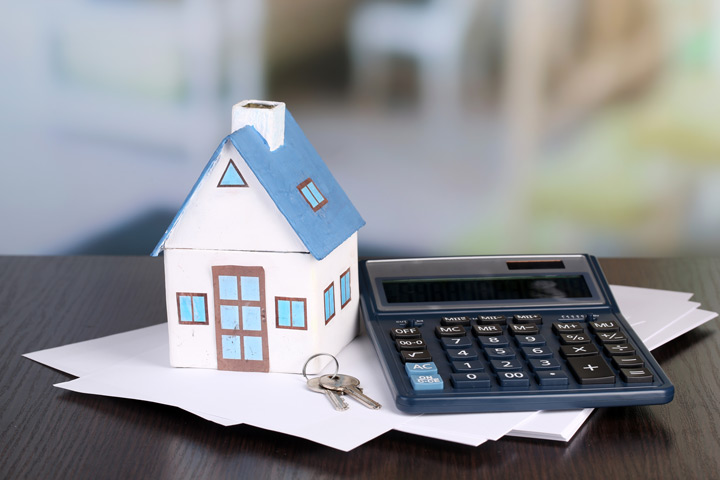
Entering the property market is a significant decision, but it can also be highly rewarding. This guide will explore why you should consider starting a property business, the types of property businesses available, the taxes you’re likely to face, and the benefits of establishing a limited company.
Why start a property business?
- High demand: In the UK, there is a growing population and limited housing availability. This continuous demand ensures property remains a stable investment.
- Diverse opportunities: The UK property market offers a wide range of investments, including buying and flipping, buy to let, holiday let, student accommodation, and commercial or mixed-use properties. This diversity allows for flexibility in building your ideal portfolio and business model.
- High returns: Property investments can yield substantial returns through appreciation, renovations, refurbishments, and rental income. For Bristolians, if you’re lucky, a unique factor like a Banksy mural can significantly increase property value!
- Tax benefits: Various tax advantages can be leveraged, including deductions for mortgage interest payments, repairs and maintenance, and CGT exemptions.
- Resilient market: Historically, the UK property market has demonstrated resilience against economic downturns.
Investor vs Trader
The first thing you will need to consider is what type of property business you are, these include:
- Property investment: Involves letting out properties and is categorised as a landlord activity.
- Property development: Includes constructing and renovating properties.
- Property trading: Involves buying and selling properties for profit.
- Property management: Managing properties on behalf of owners.
The last three are considered trades by HMRC and fall under Income Tax and National Insurance rules. Property investment, however, does not count as a trade and is subject to Capital Gains Tax (CGT).
Once you’ve decided on your business structure, you should ensure you’re properly registered. This includes registering for self-assessment with HMRC and signing up with Companies House if forming a Limited Company (LTD).
Tax
It is important that your business is classified correctly, as this can make a huge difference to what you pay in taxes, for example:
Basic Rate Taxpayers:
- Investors pay 18% Capital Gains Tax (CGT).
- Property traders pay 20% Income Tax.
Higher Rate Taxpayers:
- Investors pay 24% CGT.
- Property traders can pay up to 45% Income Tax plus additional National Insurance contributions.
It is also important to ensure you are claiming all your expenses as this can lead to considerable savings. Consulting a specialist will confirm this is done accurately and efficiently.
Schedule a free consultation
Benefits of a setting up your property business as a Limited Company
Structuring your business correctly from day one is important. Setting up your business as a Limited Company (LTD) can be an ideal route to optimise your tax obligations:
- Tax advantages: Running your business registered as a Sole-trader can incur higher tax rates, including Income Tax and National Insurance. However, running your business as a Limited Company subjects you to Corporation Tax, which is generally lower. For instance, the Corporation Tax rate can be as low as 19% for some businesses in the current financial year.
- Profit extraction: As an LTD, you can strategically shape your remuneration to maximize tax benefits. While mindful of withdrawing profits as salary or dividend income, you can tailor your compensation structure to enhance your overall tax planning and financial efficiency.
- Incorporation Relief: transferring property into an LTD can qualify for incorporation relief if you are able to demonstrate active management.
Understanding your tax obligations and making informed decisions about your business structure is critical for success. A Limited Company can enhance your property business by offering significant tax benefits and optimising your earnings.
Conclusion
A property business can be highly lucrative, but it's essential to understand the tax implications and benefits of operating as a Limited Company vs a Sole-Trader. Proper classification and strategic tax planning are crucial to maximising your returns and safeguarding your investments. Consult with a specialist to ensure you're on the right path.
How we can help
At Elite Financial Accounting, our specialists offer comprehensive support to business startups, including:
- Tailored tax advice and planning
- Assistance with business registration and structuring
- Detailed financial forecasting and budgeting
- Ongoing accounting and compliance services
- Up-to-date developments in tax saving
Get in touch today. Whether you are just starting or are already established we can assist you in journey to success.